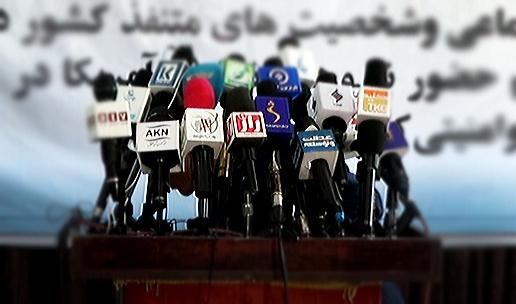The Afghanistan Journalists Center (AFJC) says cases of violations of media rights have significantly declined in 2023, compared to 2022, but there has been no . . .
You need to subscribe to view the full article. Please login or register a new account.






GET IN TOUCH
NEWSLETTER
SUGGEST A STORY
PAJHWOK MOBILE APP